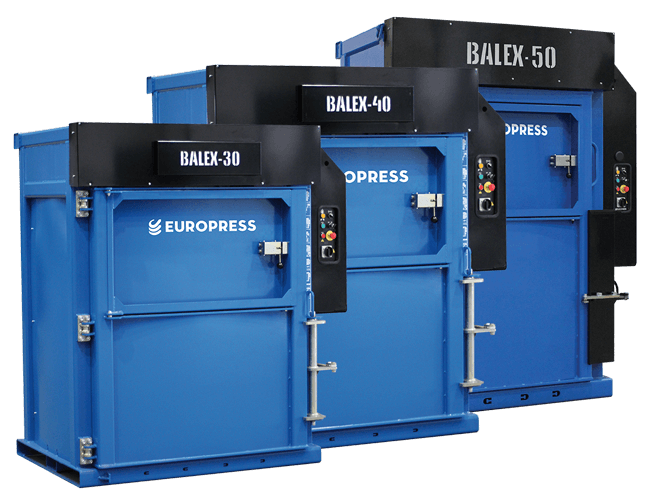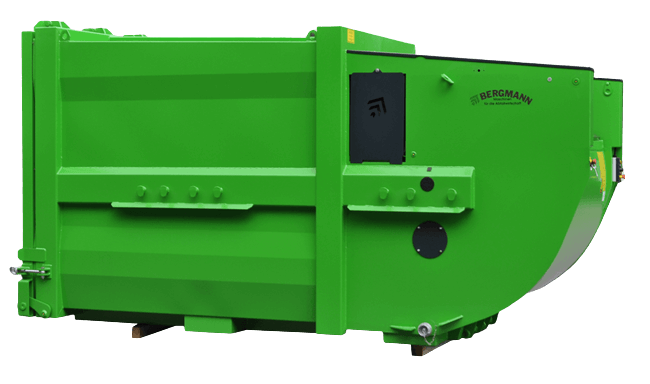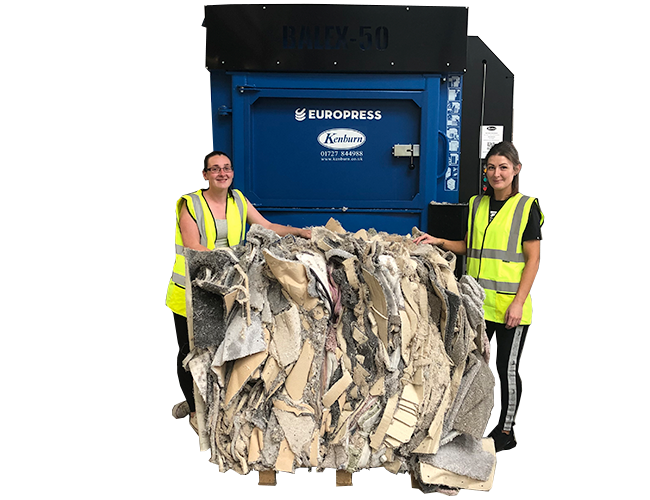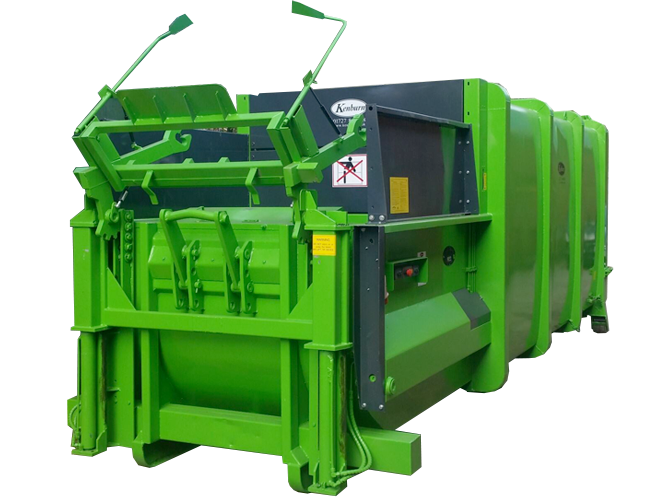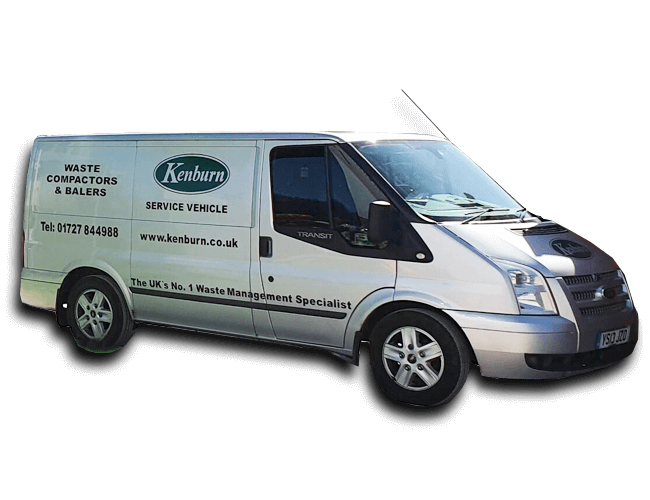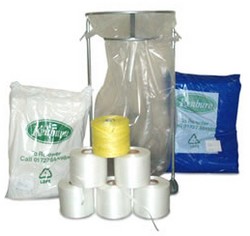 Hotels face several challenges, from customer satisfaction to energy sustainability to waste management. It’s easy enough for guests, and enjoyable too; staying somewhere where they don’t have to clean up! But the establishment itself needs to follow a lengthy process to ensure that waste management is efficient, reliable, environmentally friendly and compliant.
Hotels face several challenges, from customer satisfaction to energy sustainability to waste management. It’s easy enough for guests, and enjoyable too; staying somewhere where they don’t have to clean up! But the establishment itself needs to follow a lengthy process to ensure that waste management is efficient, reliable, environmentally friendly and compliant.
Why is waste management important?
A hotel guest generates about 1 kg of waste per night, but hotel waste goes beyond what your guests leave behind. Complying with waste management legislations includes keeping the right documentation, correctly handling waste, and only using licensed contractors. It’s essential that hotels achieve this, for many reasons:
- Cleanliness: a well-managed, well-kept hotel makes for better business, as it will attract more customers and less criticism. Uncleanliness can lead to a spread of germs and vermin, which can cause problems to guests and staff. Uncleanliness in the form of clutter can prove to be a fire hazard. Hotels that aren’t managed to a standard can be shut down, with costly repercussions.
- Environmental benefits: there’s a larger focus on the environment nowadays, with global initiatives set in place to conserve energy and protect the planet. Everyone plays a role, whether huge or small – and while some sustainable solutions might cost more for a hotel, the long-run impacts are beneficial. Smaller contributions such as recycling, purchasing less non-recyclable materials and lighting control within the day can make a huge difference.
- CSR: Corporate Social Responsibility is very important within a company – for both benefits to the environment and their public image. A hotel that is committed to efficient and sustainable waste management solutions will garner more positivity from the press and public. Good waste management and recycling is an effective public relations tool, because it shows a dedication to corporate responsibility with environmental policy.
Waste management solutions
There are many ways a hotel can manage its waste production and disposal. One of the methods of contribution involves prevention:
- Ensuring in advance that hotels don’t purchase unsustainable materials
- Managing how water is used in the hotel
- Reusing paper and container refills
- Asking your guest whether they’d like a daily newspaper rather than leaving them in all guest rooms
These are all small differences that can make an environmental impact, as well as saving a hotel chain money in the long-run.
Alternatively, if suitable for the location and specific needs of the establishment, hotels can purchase or hire waste balers or compactors. Waste balers bundle recyclable waste into solid blocks of material, enabling recyclers to collect it easily and economically. Waste compactors are used to compress large amounts of unsorted mixed non-recyclable waste into a container. Some compactors may be too large for your hotels requirements but Roto compactors are ideal for light waste from establishments such as hotels, restaurants and supermarkets. They are used to massively reduce the volume of general waste, depositing it in large bags or sacks for collection and disposal. Compactors and balers can help control the rubbish flow in smaller, well-contained spaces, improve your working environment and save your hotel money. They are a highly-efficient, manageable option for waste disposal within a hotel environment.
Steps to executing an effective waste management solutions
With so many options available, how does a business select the right one, and move ahead to make a difference throughout the hotel? These steps can help ensure that the process is efficient, cost-effective, and quick to implement.
- Conduct a waste audit: it’s important to analyse the establishment’s waste stream. What waste do hotels have? How much waste is generated by each hotel guest? How much of the waste generated can be recycled? By completing this audit, managers can identify the levels of sustainability within waste management, and work on making improvements.
- Set objectives: managers need to find a solution that is sustainable and effective without compromising on safety and overall cost. This solution should be easy to implement and should adhere to legislations, allowing staff to dispose of waste compliantly and sustainably.
- Implement a programme: create a programme that changes staff habits, ensuring that sustainability and effective waste management plays a role in their working routine. This should follow on from the set objectives. The more effective the solution, the greater it can be applied – so hotel managers can consider implementing the programme across the entire chain, from cleaners to contractors. Contractors that agree to meet the standards of this new programme can continue their work with the hotel.
Additionally, insights from external partners can assist with further improvements. Kenburn, for example, can provide compactors and balers for hotels; ensuring that storing waste is made easier, with a reduced number of collections. Furthermore, by offering services, repairs, and advice on the most environmentally friendly and cost-efficient waste solutions, managers can maintain their business effectively alongside their partners. - Include your guests: make recycling easier for the hotel by placing a recycling bin in the guests’ rooms.
- Monitor: it’s important that the programme is monitored over a set course of time. Managers can set aside a 3-month plan, or a 6-month plan, in which observations are conducted on a regular basis to analyse the effects of this programme. If the programme is not effective, then managers can return to step one, conducting another waste audit and identifying further methods for improvement.
It’s important to note that while waste management solutions are very important for hotels, the work never ends! There are always new ways to improve within the hospitality industry – managers need to keep up with growing trends, new ideas, and sustainable solutions. Maintaining a business with these alternatives in mind will help it thrive in the future.

